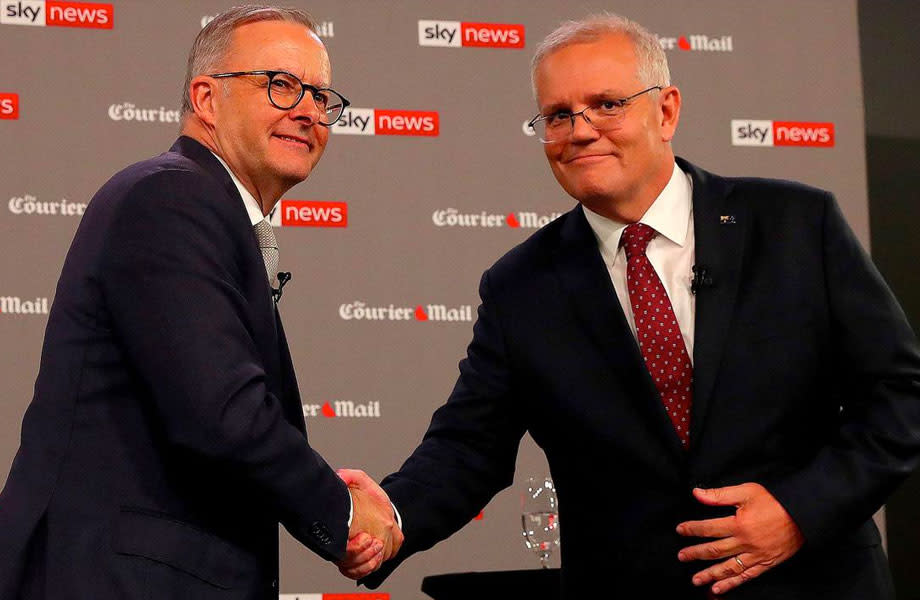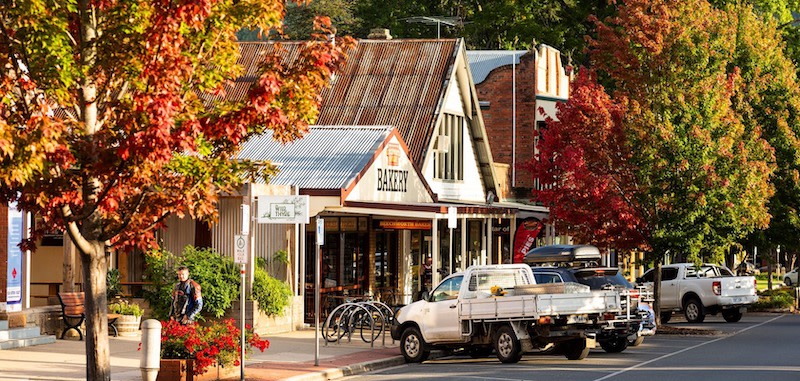Resources
Newsletter
Stay up to date and with the latest news, projects, deals and features.
Subscribe
The decrease in migration due to border closures during the pandemic was offset by decreasing household sizes, according to the RBA’s assistant governor Luci Ellis.
Ellis said that many people had opted to move out of share or family homes and into their own places as lockdowns ended, which had an impact on the housing approvals data and demand for housing.
“The decline in average household size increased the demand for homes (by number),” Ellis said.
“This helps explain why rental vacancy rates quickly returned to low levels even though the international border was closed and population growth declined to be close to zero.”
The ABS has just released the biennial housing occupancy and costs for the 2019-20 financial year, giving an insight into the sector just before the pandemic.
The household size in 2020 pre-pandemic was 2.56 people, the smallest it had been in 12 years, with single person households at 25.2 per cent of all households—another 12-year record.
She also said that time limits on schemes such as Homebuyer had encouraged people to enter the market, driving up approvals.
“The second observation is that the decisions to rent or buy, and who to live with, are important margins of adjustment,” Ellis said.
“HomeBuilder and other subsidies lifted the number of first home buyers for a period.
“At the margin, this reduced the number of people wanting to rent.”
However, with the average construction time increasing from six months to nine months for new builds, Ellis also predicted delays in seeing the house completion data match up to the approvals data.
Prior to the federal election, both major political parties put forward housing policies with schemes targeting first home buyers via grants or shared equity.
The Liberal Party announced extensions to the current first home buyers’ scheme while Labour announced a shared equity scheme with the government taking up to 40 per cent of the loan.

Meanwhile, state-based policies to resolve the issue of not just generating housing stock but making it accessible and affordable meet their own obstacles.
The Victorian government’s attempt earlier this year to create a tax levied on developers working on new builds to help fund social and affordable housing was met with a backlash with property developers and lobby groups saying the cost would be passed onto homebuyers, raising prices even further.
The state government eventually dropped the policy.
And local government, trying to unlock land for development in the face of increased demand for residential housing, expressed concern at having to bear the costs of installing expensive trunk infrastructure before developers take on projects as well as being unable to manage the costs of it within the state’s financing system.
New South Wales has put money into building regional trunk infrastructure as has South Australia and Western Australia, while Victoria is looking in to where the assistance is needed.
“Policy matters, especially in the short term,” Ellis said.
“Whether it's time-limited subsidies bunching, demand and boosting prices, or the interplay between low yields globally and rental yields locally, policy can have pervasive effects on housing outcomes.”
Regional areas had experienced an increase in prices and rents nationally—Ellis said the data indicated it was a large scale disruption to the usual level of migration into the cities, rather than a sudden trend of people wanting a tree change.
People usually migrate into the major cities from interstate, intrastate and overseas but the pandemic restrictions and fears disrupted that migration flow.

She said it was key to driving how people’s desires around living arrangements had changed.
“It is no surprise that the pandemic has changed how we think about our homes,” Ellis said.
“There is nothing quite like being confined to your home for months on end to make you appreciate having a home that meets your needs, or rankle at one that does not.”
She noted that house prices in the regional areas were currently increasing with the prices increasing the most in outer suburbs.
Ellis said that housing stock was available and that demand for it was high as the household size kept diminishing. She said this was keeping pressure on prices to increase and causing affordability concerns.
The ABS data for 2020 showed that housing affordability had improved in one metric—the ability of home owners to pay off their mortgages was at the best level it had been at in 30 years in 2020.
Conversely, there was a record low in 2020 of 66 per cent of households owning their homes.
CommSec chief economist Craig James said it remained to be seen how things had played out during the pandemic and immediately after.
“Since June 2020, however, interest rates have fallen, home prices have risen and household incomes have also risen—so the jury is out on how this has translated to current affordability,” James said.
“The share of people owning their home outright or paying off a mortgage remains historically low.
“Some Aussies may continue to struggle to save for a deposit to buy a home [and] still, for others, home ownership may not hold the same allure as in the past.”
In 2019-20, the median value of a house was $600,000, the median amount of the mortgage outstanding was $275,000, and the average gross household income per week was $2329.